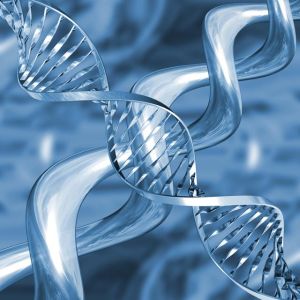Drinking alcohol to sleep better seems like a no-brainer to some. Why else would it be called a nightcap? But what researchers are actually finding is that this remedy is short-lived. In fact, drinking alcohol before bed can be much more damaging overtime than the temporary relief it may promise.
The London Sleep Center has found that alcohol disrupts our sleep cycles more than we realize. What’s misleading is how it seems to induce sleep. Alcohol can cause us to fall asleep quicker and into a deeper sleep. The problem occurs later in the night. Alcohol upsets one of the most crucial stages of the sleep cycle: rapid eye movement or REM sleep, where our dreams occur. Alcohol reduces the amount of time that we spend in this stage. In robbing us of this type of sleep, our entire sleep cycle is disrupted and less restful. The next morning we may feel the effects of this by being more tired or irritable. Overtime, if we continue to miss out on this crucial sleep as a result of alcohol, we put ourselves at risk of sleep deprivation. This can cause fatigue, weight gain, depression, irritability, risk of disease, aching body, poor memory, and inability to handle stress. Using alcohol too often at night can also lead to problems like insomnia, snoring, and the potential for dependency.
has found that alcohol disrupts our sleep cycles more than we realize. What’s misleading is how it seems to induce sleep. Alcohol can cause us to fall asleep quicker and into a deeper sleep. The problem occurs later in the night. Alcohol upsets one of the most crucial stages of the sleep cycle: rapid eye movement or REM sleep, where our dreams occur. Alcohol reduces the amount of time that we spend in this stage. In robbing us of this type of sleep, our entire sleep cycle is disrupted and less restful. The next morning we may feel the effects of this by being more tired or irritable. Overtime, if we continue to miss out on this crucial sleep as a result of alcohol, we put ourselves at risk of sleep deprivation. This can cause fatigue, weight gain, depression, irritability, risk of disease, aching body, poor memory, and inability to handle stress. Using alcohol too often at night can also lead to problems like insomnia, snoring, and the potential for dependency.
So, what are some better ways to sleep more sound? It may help to create a routine that tells your brain it’s time to wind down and get ready for bed. Such clues could be: drinking warm tea or milk, listening to soothing music, taking a hot bath or meditating in a low-lit room. This article on BBC Online mentions these five sleep inhibitors that confuse the body’s natural clock: noises, light, caffeine, a heavy meal, a hot room, and a busy mind. Aside from avoiding alcohol, try disconnecting from electronics to help promote better sleep. Skip the nightcap and turn off the iPad!
 Addiction prevention programs that emphasize negative future consequences of substance abuse don’t appear to be working. Essentially, addicts not only value instant pleasure but they also devalue future consequences. Despite the fact that now more than ever, schools educate students on the risks of substance abuse, the number of cases involving substance abuse disorders continues to climb.
Addiction prevention programs that emphasize negative future consequences of substance abuse don’t appear to be working. Essentially, addicts not only value instant pleasure but they also devalue future consequences. Despite the fact that now more than ever, schools educate students on the risks of substance abuse, the number of cases involving substance abuse disorders continues to climb.


